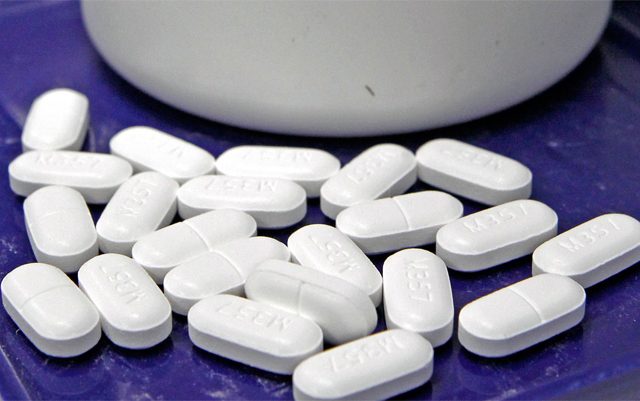For years, medical marijuana advocates have pushed for legalization to provide an alternative to prescription medications – with one of the main conditions repeatedly mentioned being chronic pain of any sort.
In recent years, there has been more support than ever for finding an alternative to opioid painkillers – which now take the lives of more than 90 Americans a day from overdose. Several studies over the last few years have suggested that perhaps legalizing medical marijuana and creating that alternative avenue for pain management could significantly lower the overall use of opioid painkillers.
This week, two studies were published in JAMA Internal Medicine that compared opioid prescription patterns in states where medical marijuana is legal with the states where it is not.
“This study adds one more brick in the wall in the argument that cannabis clearly has medical applications,” said David Bradford, professor of public administration and policy at the University of Georgia and a lead author of the Medicare study. “And for pain patients in particular, our work adds to the argument that cannabis can be effective.”
The first study was conducted by Ashley C. Bradford, W. David Bradford and Amanda Abraham of the University of Georgia in Athens. It found that states with medical marijuana laws saw an 8.5 percent decline in the daily number of doses (2.21 million doses) filled for prescription opioids under Medicare Part D from 2010 – 2015.
“We found that there was about a 14.5% reduction in any opiate use when dispensaries were turned on — and that was statistically significant — and about a 7% reduction in any opiate use when home cultivation only was turned on,” Bradford said. “So dispensaries are much more powerful in terms of shifting people away from the use of opiates.”
The second study looked at both medical and recreational cannabis laws and their impact on opioid prescriptions filled by Medicaid between 2011 and 2016. Researchers in this study found a 5.88 percent drop in prescription rates for opiates after medical marijuana laws were enacted – and an additional 6.38 percent drop after the enactment of recreational cannabis laws.
This suggests that not only does legal access to marijuana reduce the rate at which opioids are being prescribed – but also perhaps that medical marijuana laws are not including some patients who would benefit.
“No one has ever died of cannabis, so it has many safety advantages over opiates,” Bradford said. “And to the extent that we’re trying to manage the opiate crisis, cannabis is a potential tool.”
While this does not cover the prescriptions that are covered by private insurance companies or paid for in full, it does give a promising idea of the impact that medical marijuana can have on opiate use and the growing epidemic. These studies are just more evidence in a growing body of scientific proof that medical cannabis has the potential to save lives and that legalization and regulation is the sensible next move.






